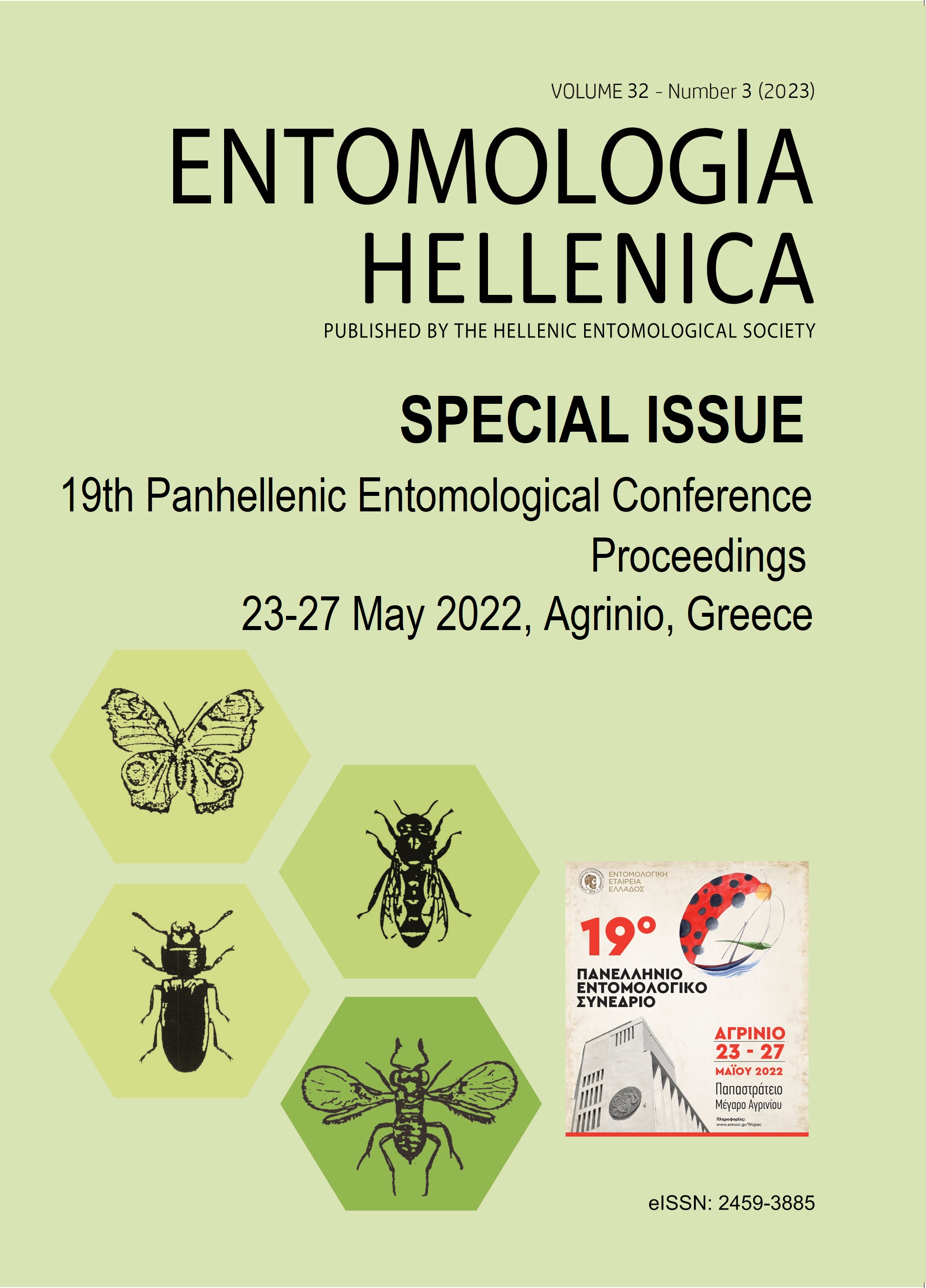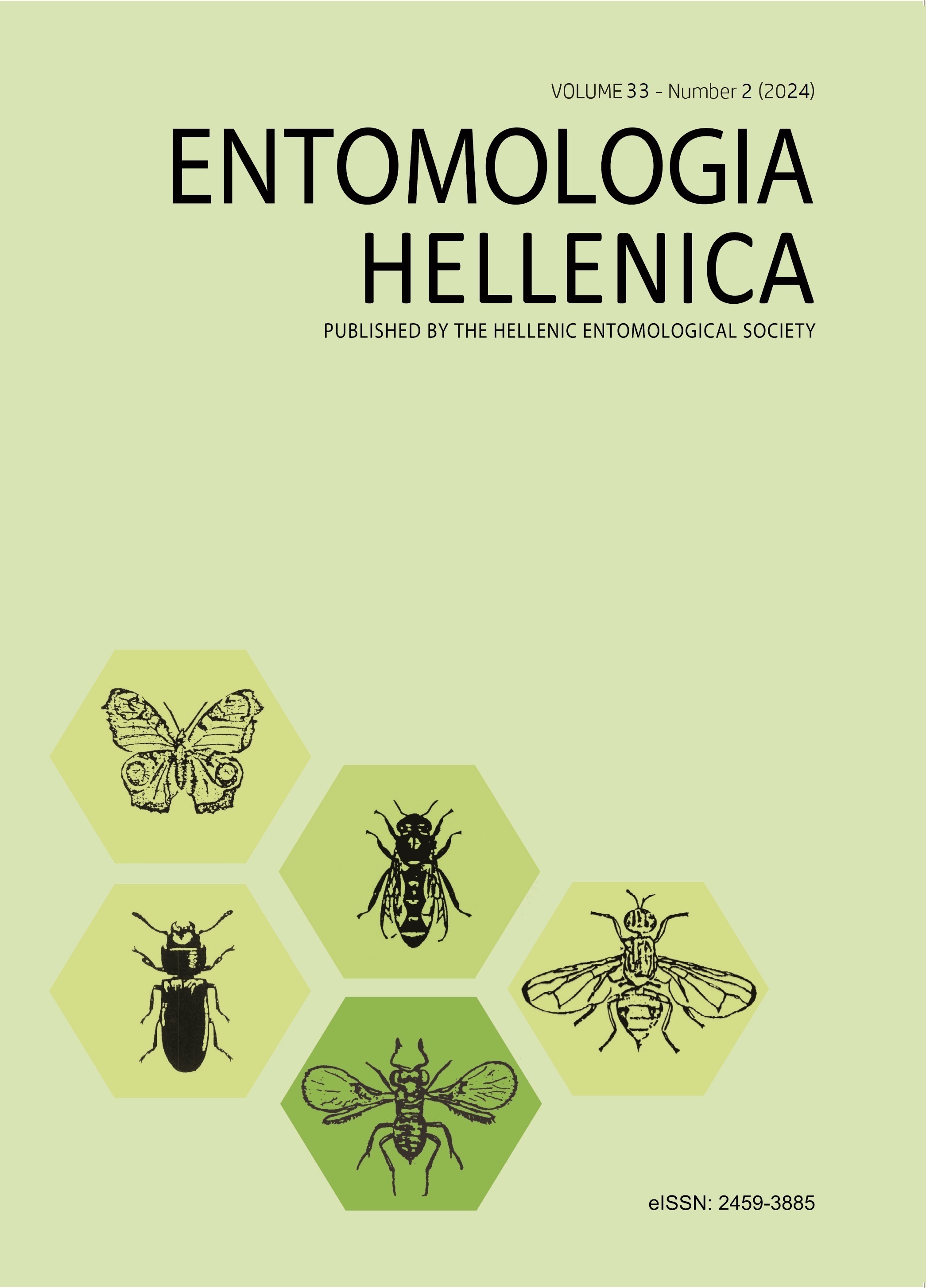Understorey biodiversity management in olive groves for integrated management of natural enemies
Περίληψη
The management of natural enemies of perennial tree crops and especially insects is usually performed with pesticides, which can negatively impact the quality of products, natural resources, and biodiversity as well as the health of producers and consumers. An emerging trend focuses alternatively on the use of less or no chemicals and the management of crop pests with natural means. This trend is being promoted by the European Union through the new Common Agricultural Policy. Olive cultivation is one of the most important permanent crops in the Mediterranean area. The most important pest in olive groves is the olive fly [Bactrocera oleae (Rossi) (Diptera: Tephritidae)]. In this study we investigate the relationship between the fly population and plant and insect diversity in the understorey of 15 fields on Lesvos Island during 2021 and 2022. The results suggest that maintaining the plant cover undisturbed significantly improves the biodiversity of the olive groves and by extension the ecosystem services, such as pollination, pest control and soil health.
Λεπτομέρειες άρθρου
- Πώς να δημιουργήσετε Αναφορές
-
Stavrianakis, G., Stattegger, S. R., Sentas, E., Tsamakda, A., Grumic, I., Tscheulin, T., & Kizos, A. (2023). Understorey biodiversity management in olive groves for integrated management of natural enemies. ENTOMOLOGIA HELLENICA, 32(3), 17–24. https://doi.org/10.12681/eh.35034
- Ενότητα
- Articles

Αυτή η εργασία είναι αδειοδοτημένη υπό το CC Αναφορά Δημιουργού – Μη Εμπορική Χρήση – Παρόμοια Διανομή 4.0.
Authors who publish with this journal agree to the following terms:
Authors retain copyright and grant the journal right of first publication with the work simultaneously licensed under a Creative Commons 4.0 license.
Authors are able to enter into separate, additional contractual arrangements for the non-exclusive distribution of the journal's published version of the work (e.g. post it to an institutional repository or publish it in a book), with an acknowledgement of its initial publication in this journal. Authors are permitted and encouraged to post their work online (preferably in institutional repositories or on their website) prior to and during the submission process, as it can lead to productive exchanges, as well as earlier and greater citation of published work.




